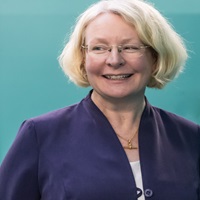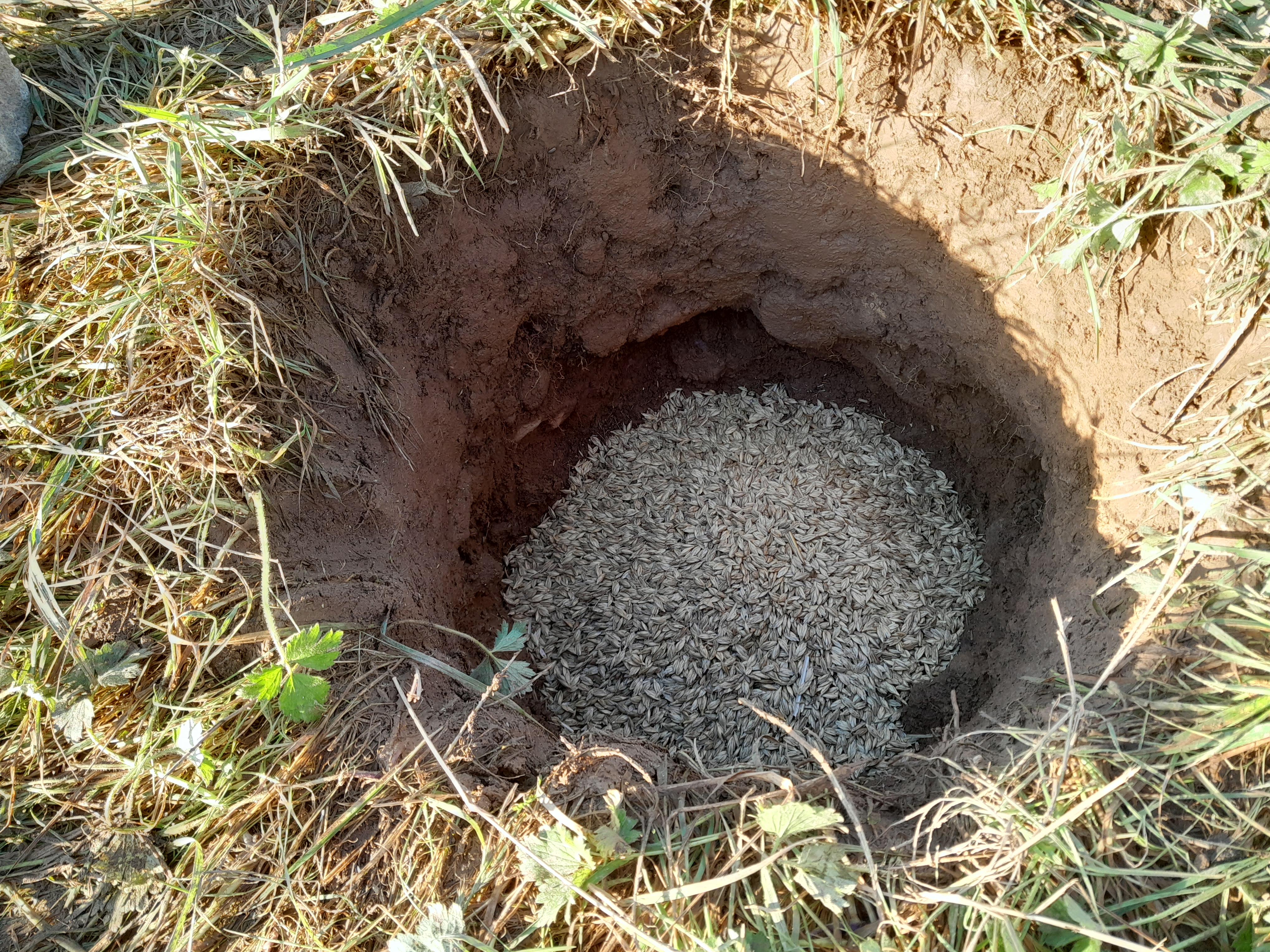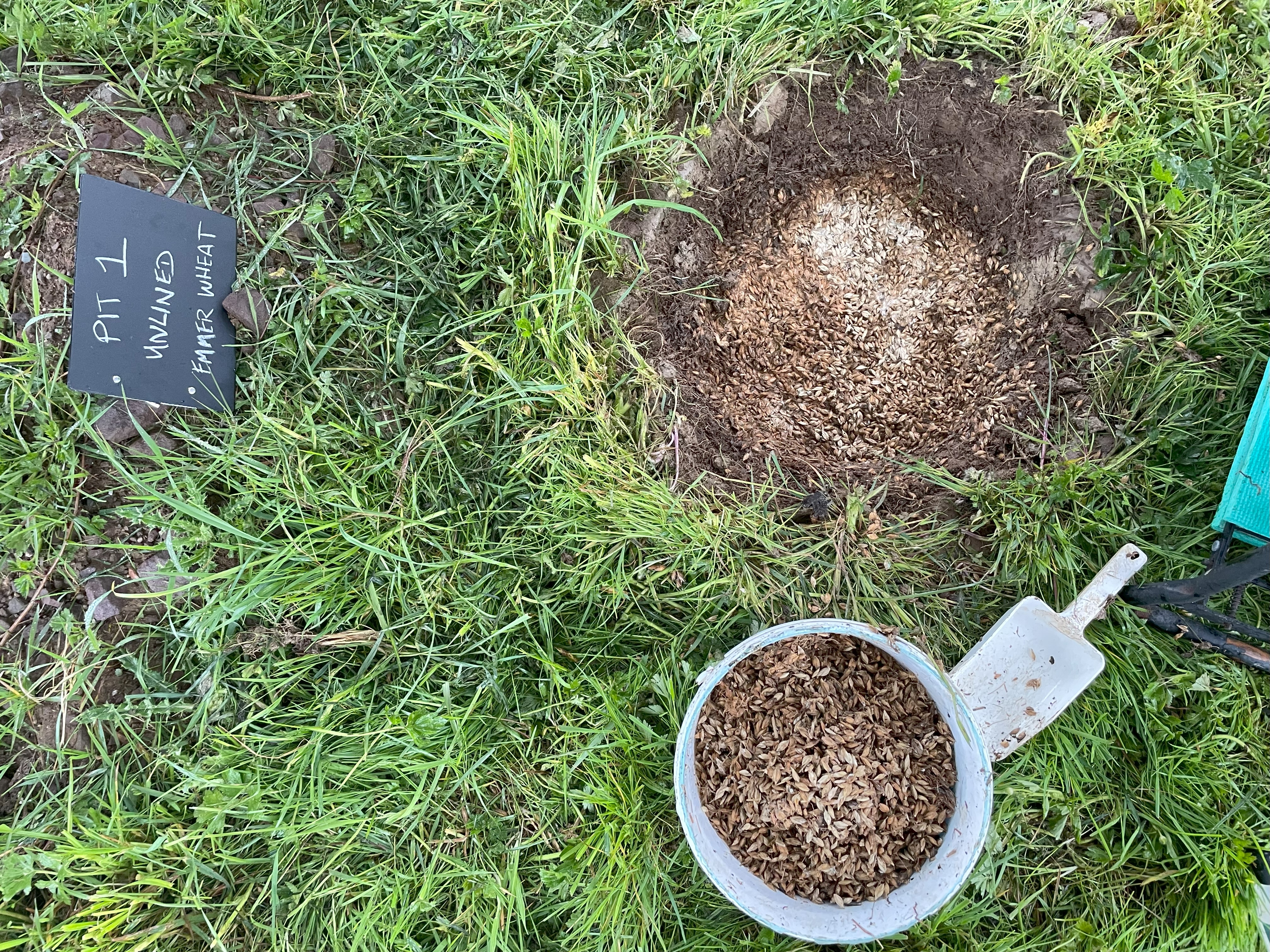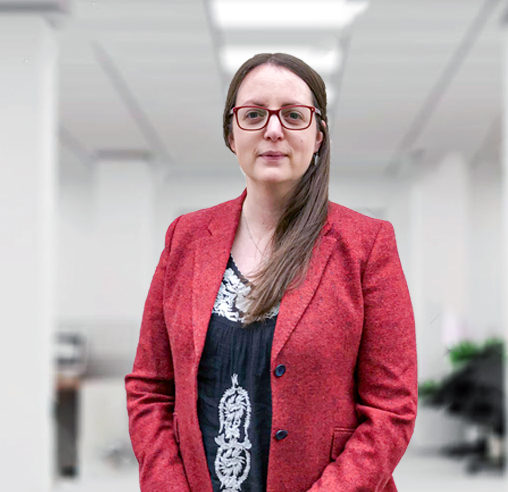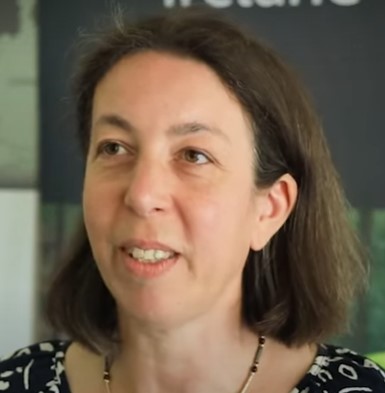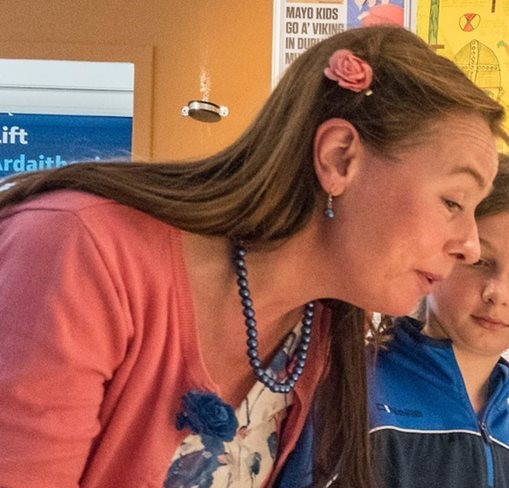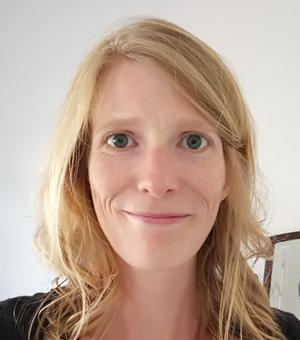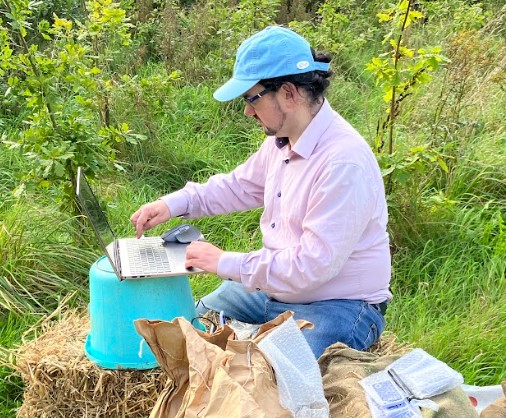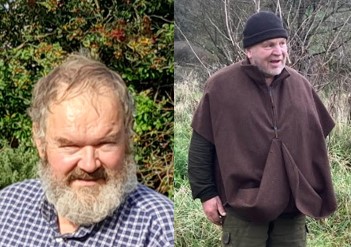Overview
Food security ensures that food is available and accessible. Food security in modern societies is a major global challenge, affected by a variety of factors, including increasing populations, social, economic and political instability, environmental degradation and changing climate (UN 2019).
The challenge of ensuring that food is available and accessible stretches back thousands of years. Without food security, even the most complex societies in prehistoric Europe could have faltered.
This project poses the question: how did past societies in Ireland manage food security?
FOODSEC takes a multi-strand approach to investigate this issue, combining archaeology, archaeological science, folklife and experimental archaeology.
